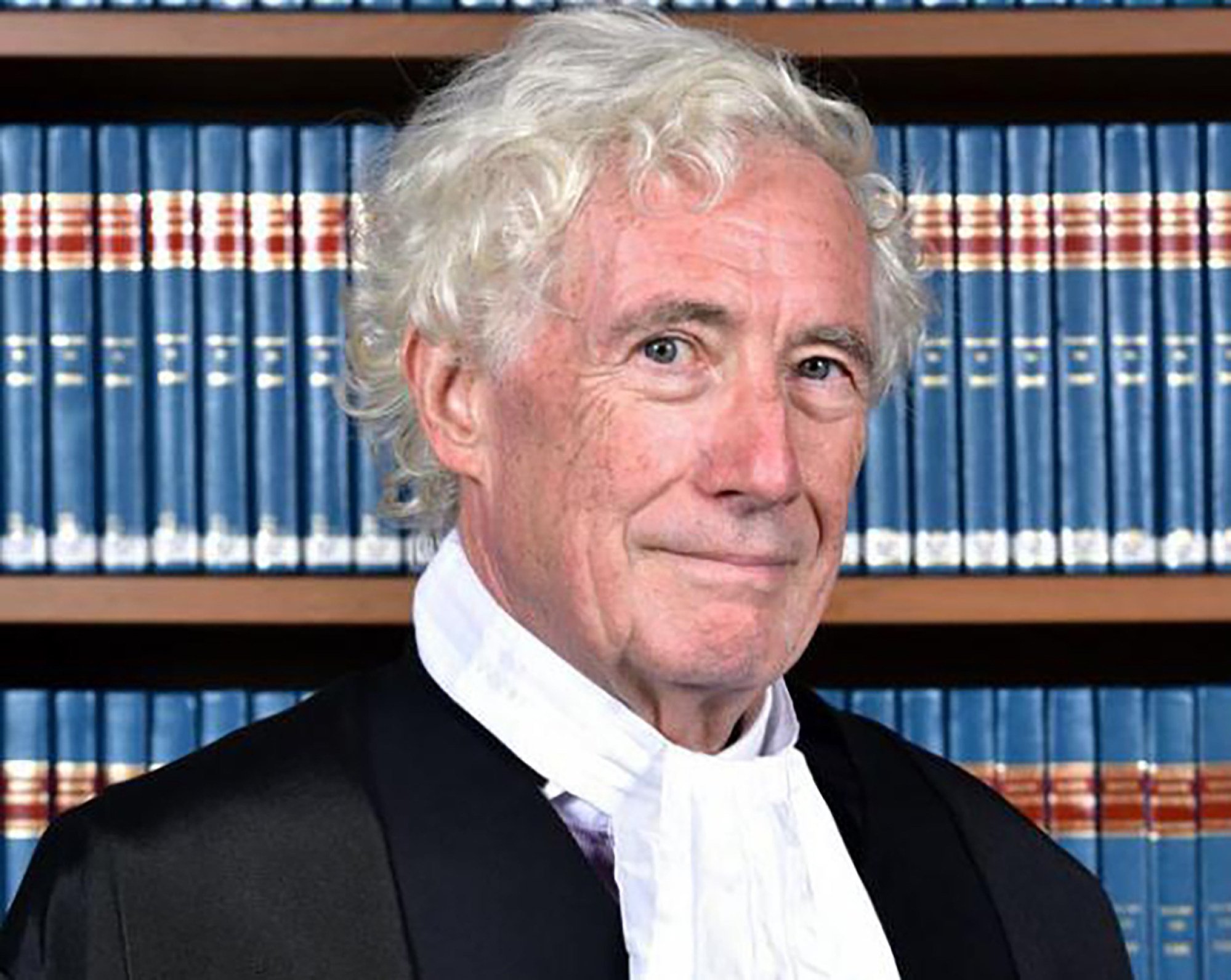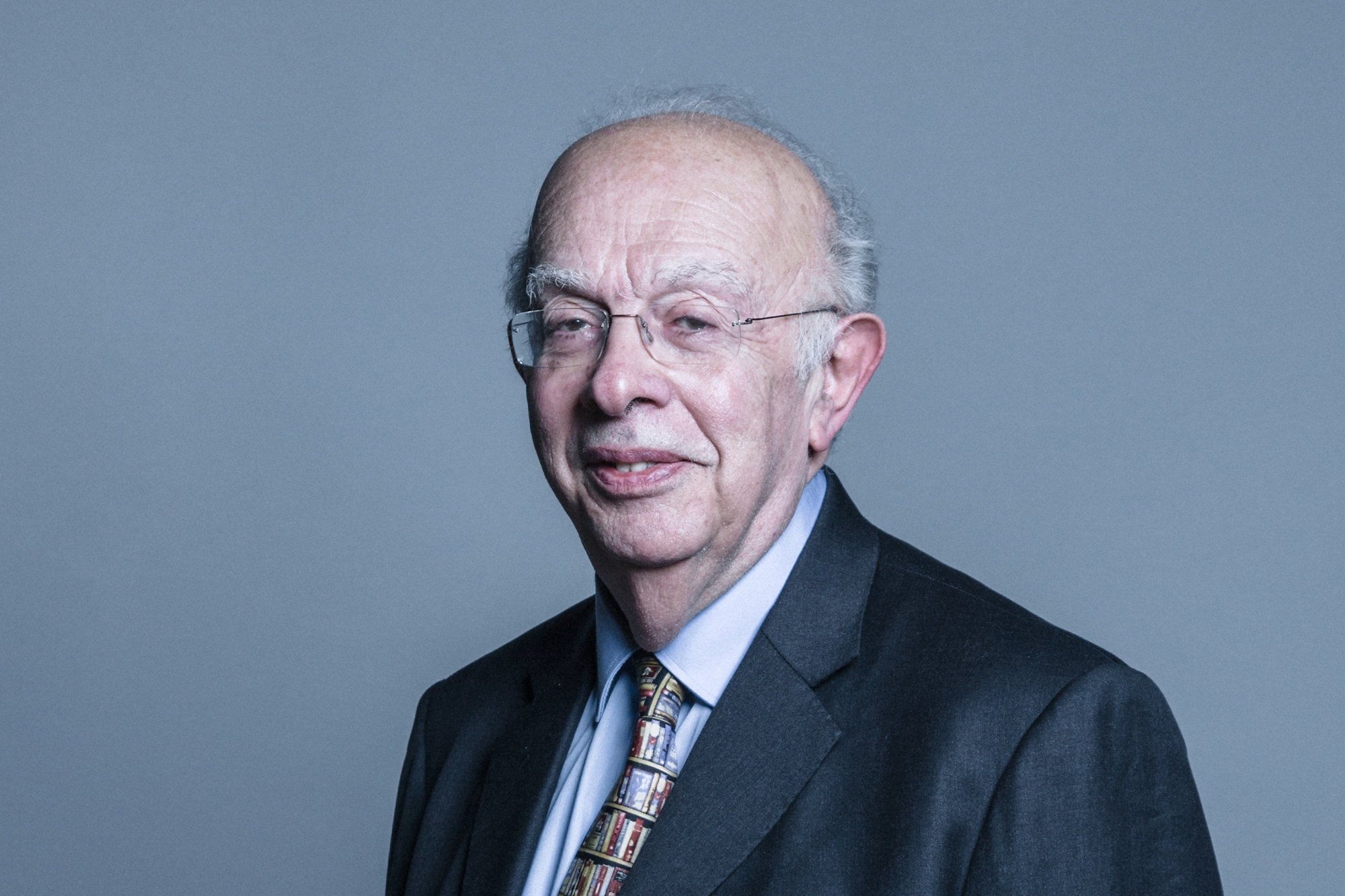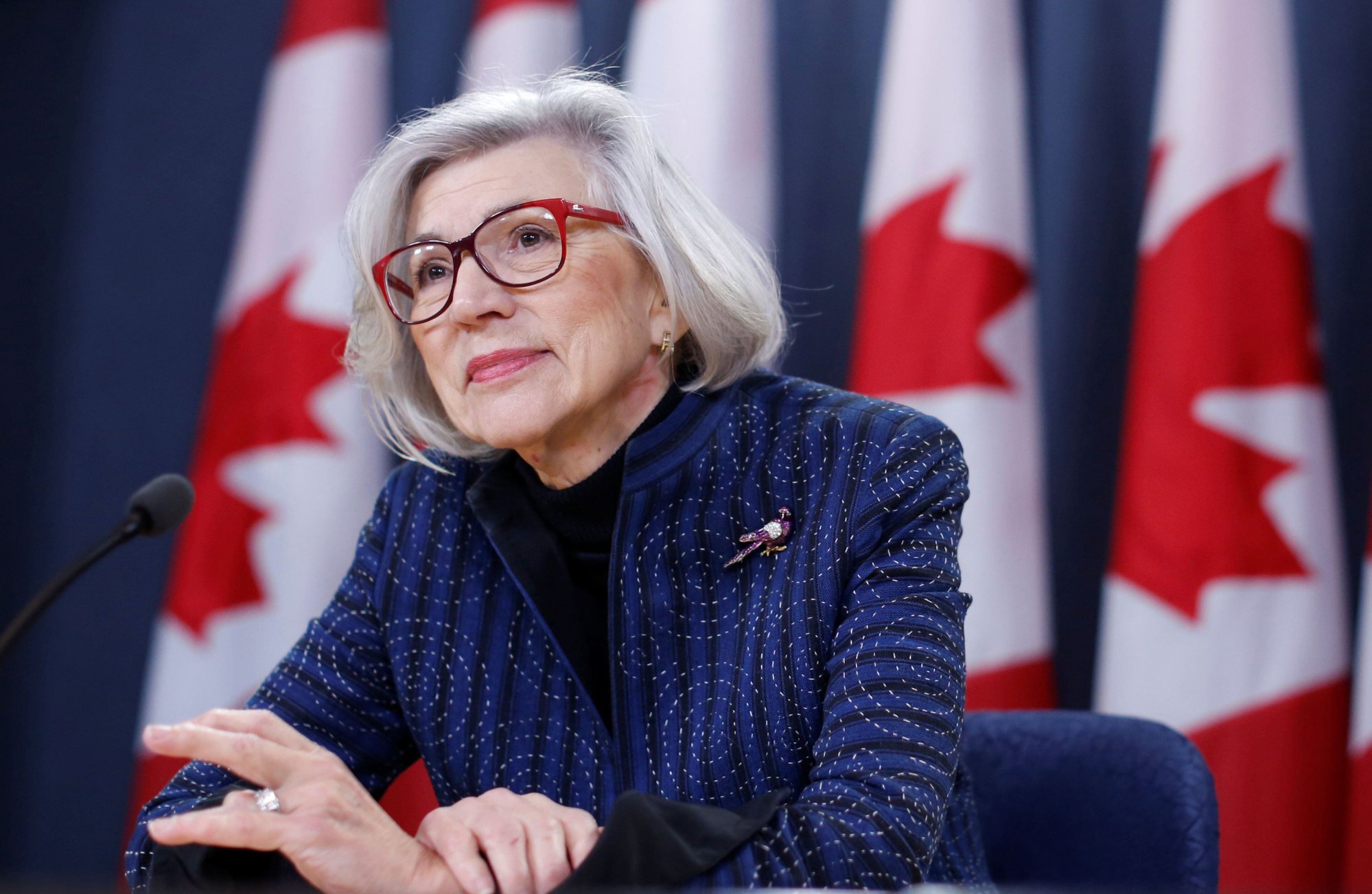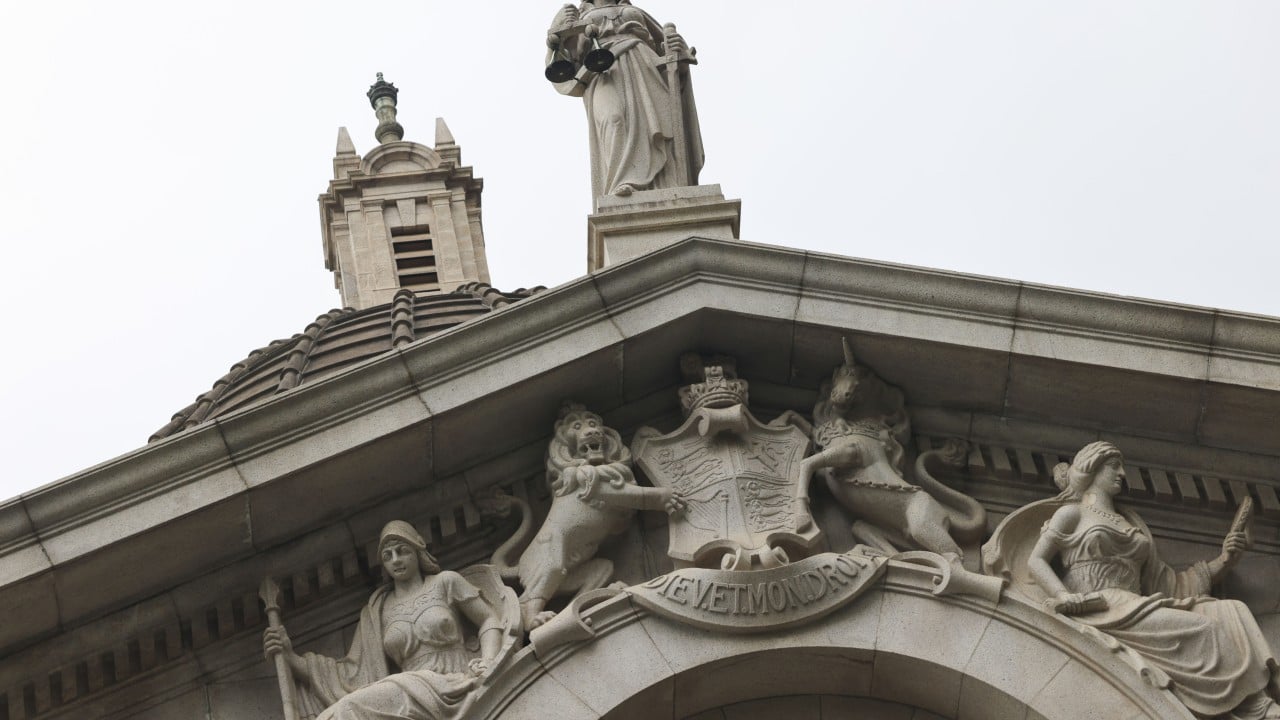Hong Kong’s leader said on Tuesday that local judges had been “unfairly treated” and “abandoned” by some of their colleagues from overseas after a third foreign judge resigned from the highest court in a week and one of them claimed the city was “slowly becoming a totalitarian state”.
Chief Executive John Lee Ka-chiu also stressed that non-interference in the judicial process had been “the DNA” of Hong Kong’s rule of law after two British judges and a Canadian colleague announced they were stepping down from the Court of Final Appeal.
“It is sad and disappointing that our [local] judges are abandoned by a few overseas counterparts and have been so unfairly treated by somebody with whom our judges used to serve our judicial system together,” he said.
Lee took aim at views that outgoing British judge Jonathan Sumption expressed in an op-ed piece the day before, in which he suggested that justices had to operate in an “impossible political environment created by China” which required “unusual courage” to “swim against such a strong political tide”.
The leader stressed that justices’ professional expertise “was not on politics”.
“A judge can like a particular system or dislike it,” he said. “He may also like a particular law or not, but his professional duty is to interpret and apply that particular piece of law in accordance with legal principles and evidence, whether he likes that law or not.”

Sumption announced on Thursday he would be stepping down as a non-permanent judge, along with Lawrence Collins, who cited the “political situation” in Hong Kong as his reason while also expressing the “fullest confidence in the court and the total independence of its members”.
On Monday night, Beverley McLachlin said she would retire when her term ended this summer, with the former chief justice of Canada saying she wanted to spend more time with her family. According to Lee, McLachlin had cited her age, 80, as another factor in her decision.
In his op-ed published in the Financial Times, Sumption pointed to the recent ruling by the High Court convicting 14 of 16 opposition figures who contested subversion charges in a landmark national security case, calling the decision legally indefensible.
Arguing the convictions were “symptomatic of a growing malaise” in the judiciary, Sumption said the Beijing-imposed national security law alongside the colonial sedition law had severely limited judges’ freedom of action.
“There are continual calls for judicial ‘patriotism’. It requires unusual courage for local judges to swim against such a strong political tide,” he said, adding Hong Kong was “slowly becoming a totalitarian state”.
“I remained on the court in the hope that the presence of overseas judges would help sustain the rule of law,” he wrote. “I fear that this is no longer realistic.”
But in his response, city leader Lee said Sumption’s statement was “contradictory” to his previous stance, noting that in 2021 he said the rule of law should not be confused with democracy when he made clear he would not bow to demands by British lawmakers for Western judges to resign.

Chief Justice Andrew Cheung Kui-nung acknowledged Sumption’s contributions but also cautioned against any moves to comment on ongoing proceedings.
“[The judiciary] respects everyone’s right to have their views, but opinions voiced publicly could amount to pressure on or interference with the courts’ administration of justice and should be expressed, if at all, with the greatest circumspection,” he said.
Any suggestion judges’ decisions had been influenced by extraneous considerations was “a serious allegation that must be duly substantiated and should not be lightly made”, Cheung said.
“It is one thing to disagree with a court’s decision, but it is quite another to suggest that fundamental rights have been compromised because of political concerns,” Cheung said, as he expressed confidence in the courts ability to handle appeals with integrity and professionalism.
Andrew Li Kwok-nang, the city’s first chief justice after the handover from British to Chinese rule in 1997, called the resignations “most regrettable”, as he said overseas non-permanent judges had made a valuable contribution to Hong Kong.
“It is important for those of us in Hong Kong to move forward with commitment, instead of dwelling on the past,” he said.
Li said local courts were responsible for safeguarding national security under the law and duty-bound to adjudicate cases, including those involving the government, fairly and impartially in accordance with their duty to protect individual rights and freedoms.
“We should have every confidence that the courts under the leadership of Chief Justice Andrew Cheung will continue to be able to discharge their duties effectively,” he said.
The Bar Association, the professional body for barristers, said it had “every confidence in the independence of our judiciary”, while urging the public to support the work of judges.

Asked about Sumption’s article, Roden Tong Man-lung, the newly elected president of the Law Society that represents solicitors, said legal professionals must be apolitical when discharging their duties.
“[This means] commenting simply from a legal perspective and not from any political lens,” he said.
Veteran Australian justice James Spigelman and former top British judge Brenda Hale earlier left as overseas non-permanent members of the top court following the enactment of the Beijing-decreed national security law in 2020.
In 2022, the United Kingdom pulled Supreme Court president Lord Robert Reed and vice-president Lord Patrick Hodge from serving in Hong Kong.


